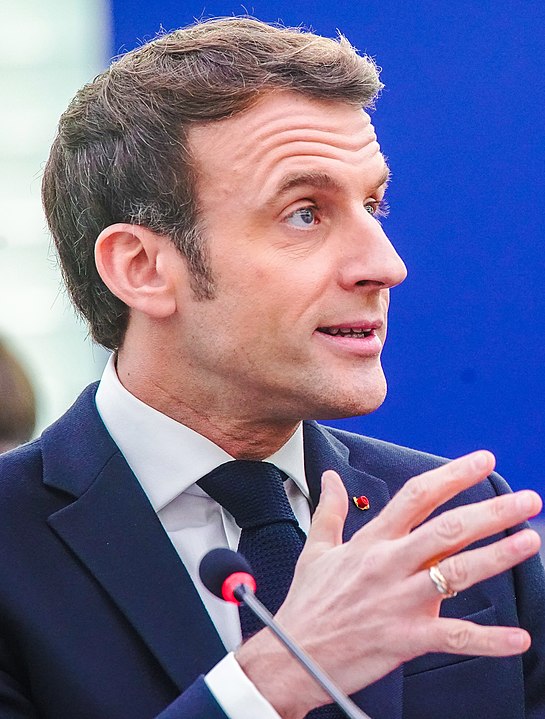
President Emmanuel Macron has said that a bill would be prepared “in the coming months” to give ‘iron-clad’ protection to abortion ‘rights’. In France currently there are more than 200,000 abortions annually.
“This will enshrine the freedom of women to choose abortion, and be a solemn guarantee that nothing can ever limit or abolish this right because it will have become irreversible,” Mr Macron said.
“The rights of women are always a fragile conquest,” he added.
A national law made abortion legal in France in 1975, and no serious threat to its legality exists today, but the overturning of Roe v Wade in the USA last year has prompted this French effort.
“Courts in other countries in the world have returned to the question of women’s rights because reactionary ideologues are seeking their revenge on the lawyers and activists who once made them retreat,” Mr. Macron said.
Macron was speaking at a national tribute for Gisele Halimi, a deceased feminist activist and abortion pioneer.
However, her son Serge Halimi, a journalist, stayed away from the ceremony, saying it came “at a time when the country is rising up against an extremely unfair pensions reform”.

The militantly anti-clerical president of Nicaragua, Daniel Ortega, has ordered the closing of the Vatican embassy in Managua and the Nicaraguan embassy to the Holy See in Rome, according to Reuters.
The government of Nicaragua said that it had proposed “a suspension of relations” with the Holy See, the Associated Press reported. Nicaragua recently sentenced a Catholic bishop, Rolando Álvarez, to 26 years in prison for ‘treasonous’ activities, something he has fiercely denied.
According to the AP, Vatican sources confirmed there had been a request from Nicaragua to shut down the two embassies.
The proposal to suspend relations between the Vatican and Nicaragua follows just days after Pope Francis likened Nicaragua’s Sandinista government to Nazi Germany in an interview. He also called Ortega “unstable.”
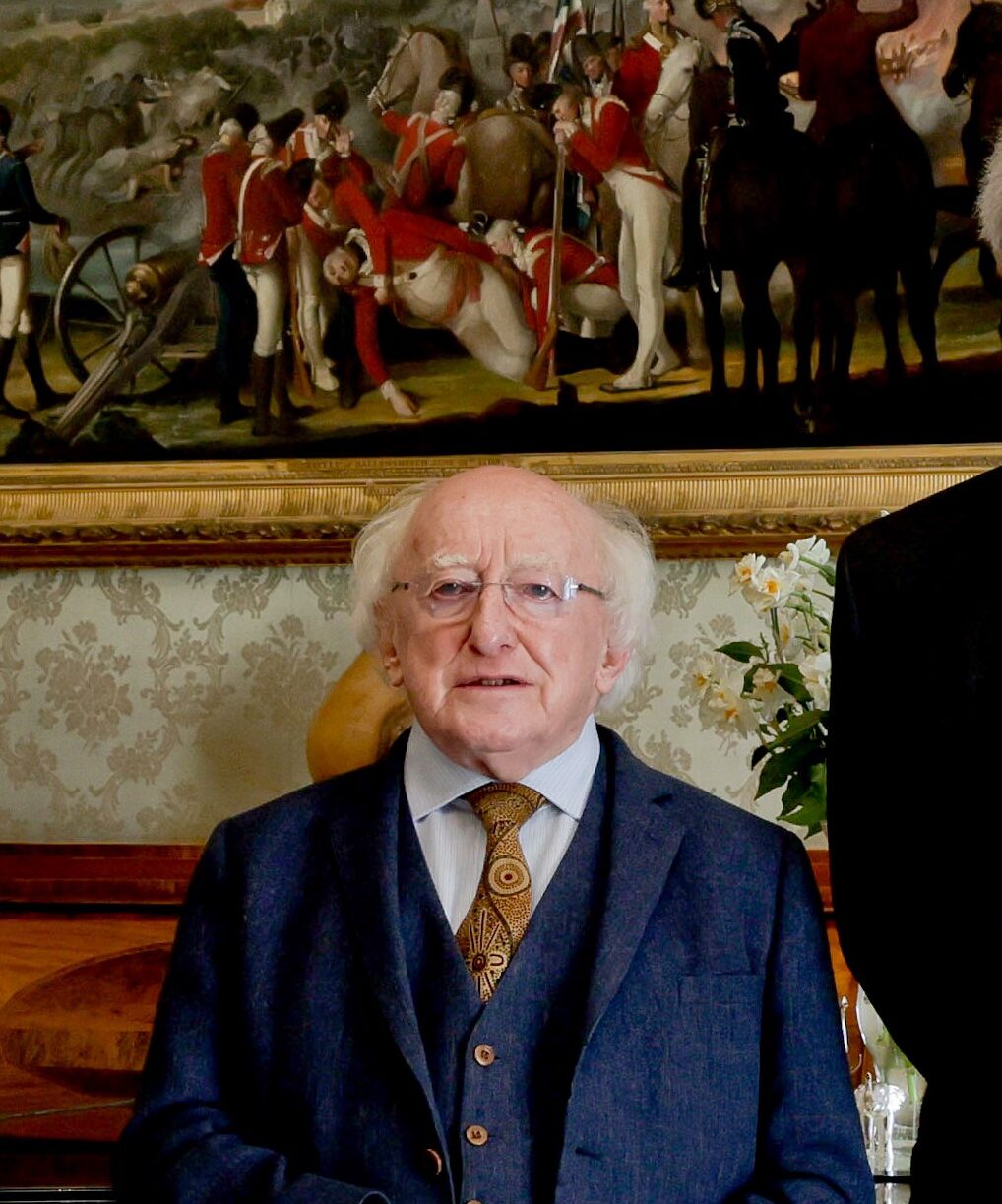
Schools should provide “basic information regarding sexuality in the fullest sense”, according to President Michael D Higgins. Traditionally, it has been extremely unusual for presidents to make public interventions of this sort.
His remarks comes amid a controversy about whether elements of a radical theory of gender, divorced from biology, should be forced into the primary school curriculum.
Speaking on International Women’s Day, President Higgins said there is a “need for the appropriate dissemination” of this information by those “responsible for providing education”.
He added: “The requirement for respect to be shown, and the right for it to be experienced, should be available to all. It is necessary that it be taught, encouraged, and its absence sanctioned.”
The President did not elaborate how or what kind of sanctions should be imposed on schools reluctant to teach gender ideology.

A Swiss prison inmate has reportedly ended his life with the help of the assisted suicide organisation EXIT – the first time this has happened in the country.
Local media reported that the inmate of Bostadel prison in the Zug canton died with the help of the assisted suicide organisation on February 28 in a procedure performed away from the prison.
The Canton’s Justice Department confirmed that it had given the go-ahead for the action.
It added that euthanasia cannot be denied simply because a person has been sentenced or is serving their sentence behind bars.
The Swiss Competence Centre for the Execution of Criminal Penalties has drawn up a document which states that internees have in principle the right to assisted suicide with the help of a third party. However, the agreement of the relevant justice authority is necessary in all cases before such a suicide can be performed.
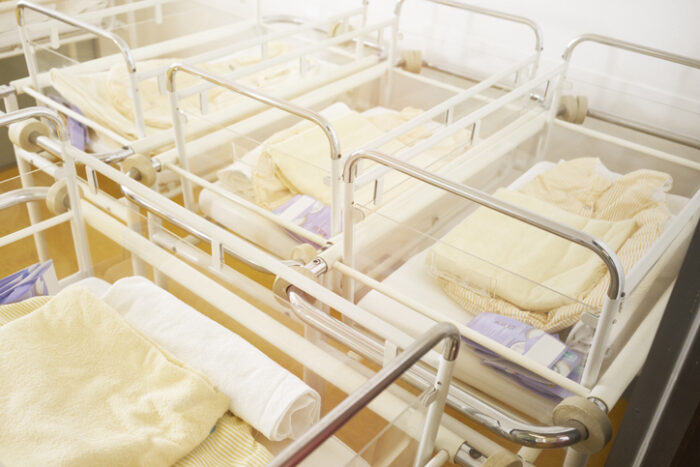
This uptick is the first increase in the number of births in the EU since 2016.
Although the lockdown measures implemented throughout Europe during the COVID-19 pandemic had led to speculation as to whether these would lead to a ‘birth surge’, birth rates actually decreased in 2020, before rising again in 2021 in some countries.
This caused some scientists to believe people had simply waited for the initial shock of the pandemic to pass to have children.
France had the highest fertility rate in Europe, with 1.84 live births per woman, while Malta had the lowest at 1.13 live births per woman.

Wording for up to three referendums to amend the Constitution on gender equality, the definition of “family”, and mothers working in the home, will be published in the early summer, Taoiseach Leo Varadkar has said. A marriage referendum would be the second in eight years. The Constitution still gives special recognition to marriage and the Government thinks this discriminates against other families.
The changes were recommended by the Citizens’ Assembly on gender equality in 2021 and by a special joint Oireachtas committee last year.
Article 40.1 says: “All citizens shall, as human people, be held equal before the law”, but does not refer explicitly to gender equality or non-discrimination.
Articles 41.1 and 41.3 defines the family as “the natural primary and fundamental unit group of society”, and recognises “marriage” as the institution “on which the family is founded”.
Article 41.2 contains a recognition of the work of mothers in the family home and obliges the State to help mothers to not be forced by economic necessity to work elsewhere.
It has not yet been decided whether Articles 40.1, 41.1, 41.3, and, 41.2 would be simply removed or replaced.
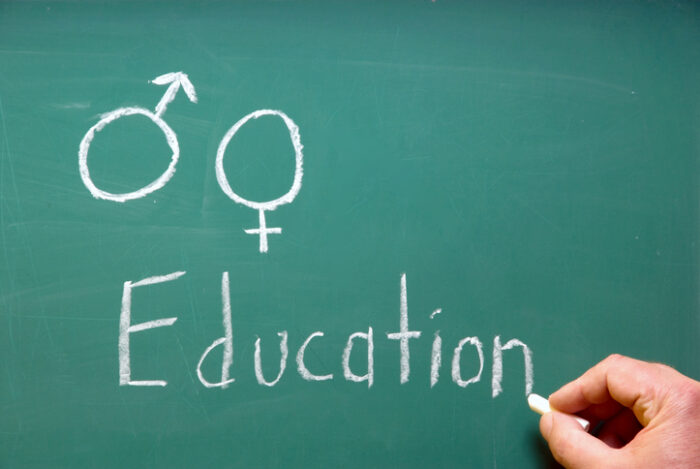
The Irish Muslim Council has said it is “not appropriate” to teach children about gender identity issues in primary schools.
In a letter, the organisation says it supported the position of the Catholic Primary Schools Management Association (CPSMA), which has written to the Irish Government arguing that students should not be taught gender ideology, which says a person’s gender is unrelated to their biological sex.
In the letter, Chair Dr Umar Al-Qadri, says the Irish Muslim Council believes “it’s not appropriate to teach primary school children such a complex and contested topic, particularly when there is a lack of scientific consensus about the best way to treat children with gender dysphoria”.
He said the Taoiseach should focus instead on “solving the health crisis, the housing crisis and many other challenges we face as a nation”.

The UK has become vastly more socially liberal over the last forty years, new data shows, yet large swathes of the public remain socially conservative.
A study from the Policy Institute at King’s College London has been measuring 24 countries over a forty year period on their respective attitudes to issues like homosexuality, casual sex, divorce, abortion and euthanasia, asking respondents whether each was ‘justifiable’.
Despite the general liberalising trend, nonetheless there remains only a minority of UK residents (48%) who believe that abortion is always justifiable, with 64% thinking the same about divorce.
It is also striking that America and most of Europe are more conservative than Britain. Indeed, just 38% of Americans say divorce is always justified, and only 24% say the same about abortion.
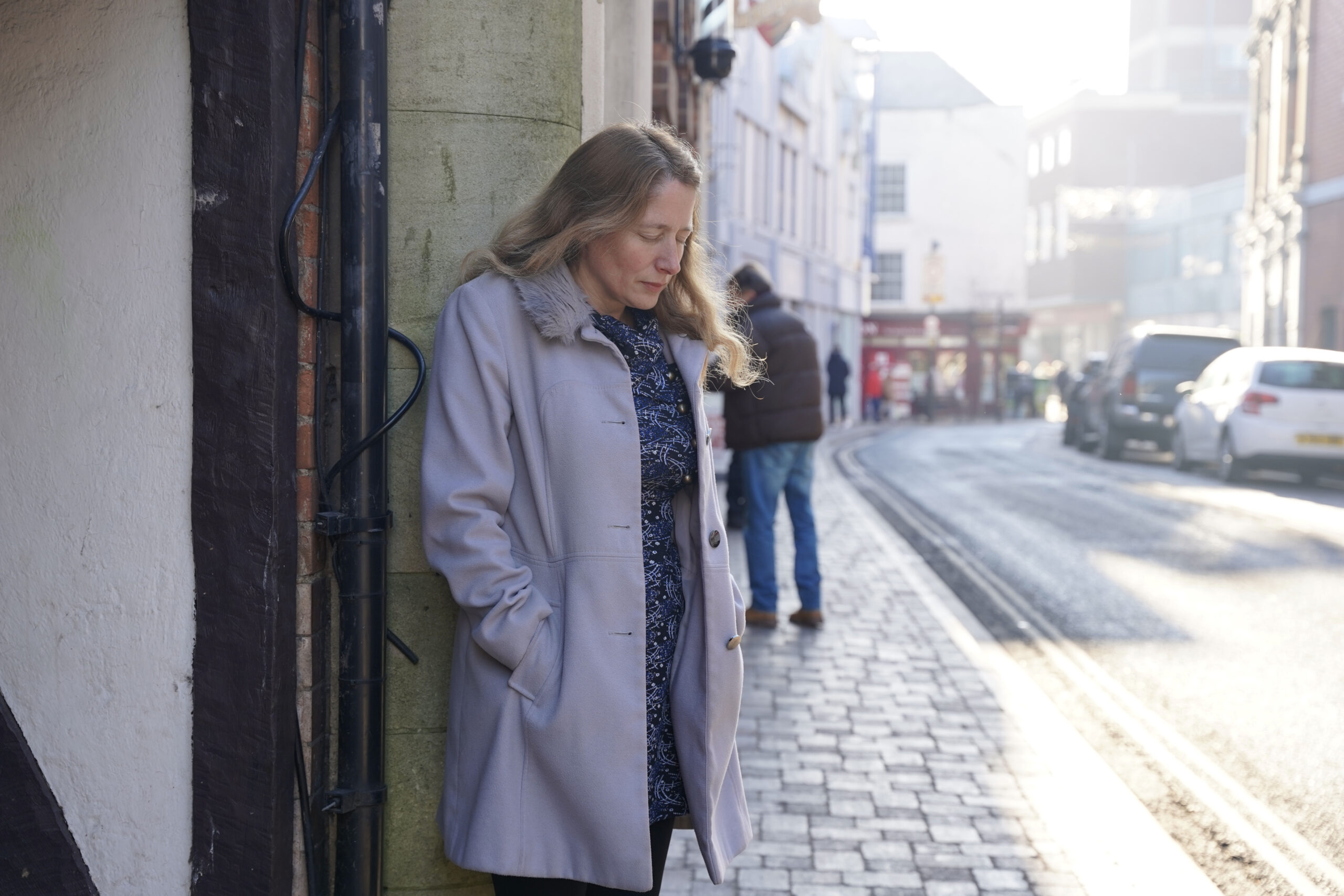
Both Houses of Parliament have approved the introduction of exclusion zones outside of abortion facilities across England and Wales.
The Public Order Bill will criminalise any form of “influence” outside of abortion clinics – even including silent prayer.
An amendment to permit silent prayer and consensual conversations within the zones was proposed by Andrew Lewer MP, but failed to pass the House of Commons after a vote of 116 to 299.
In response, one group called the vote a “watershed moment” for fundamental rights and freedoms.
The vote comes despite the most recent government review (2018) finding that censorship zones would be an unnecessary and “disproportionate” restriction on rights, given that harassment is already criminalised under existing legislation, and instances of harassment outside abortion facilities were found to be “rare”.
It also came a day after charitable volunteer Isabel Vaughan-Spruce was arrested for the second time for praying silently, near an abortion facility in Birmingham, despite the earlier charge being thrown out by magistrates for lack of evidence to substantiate her thought-crime.
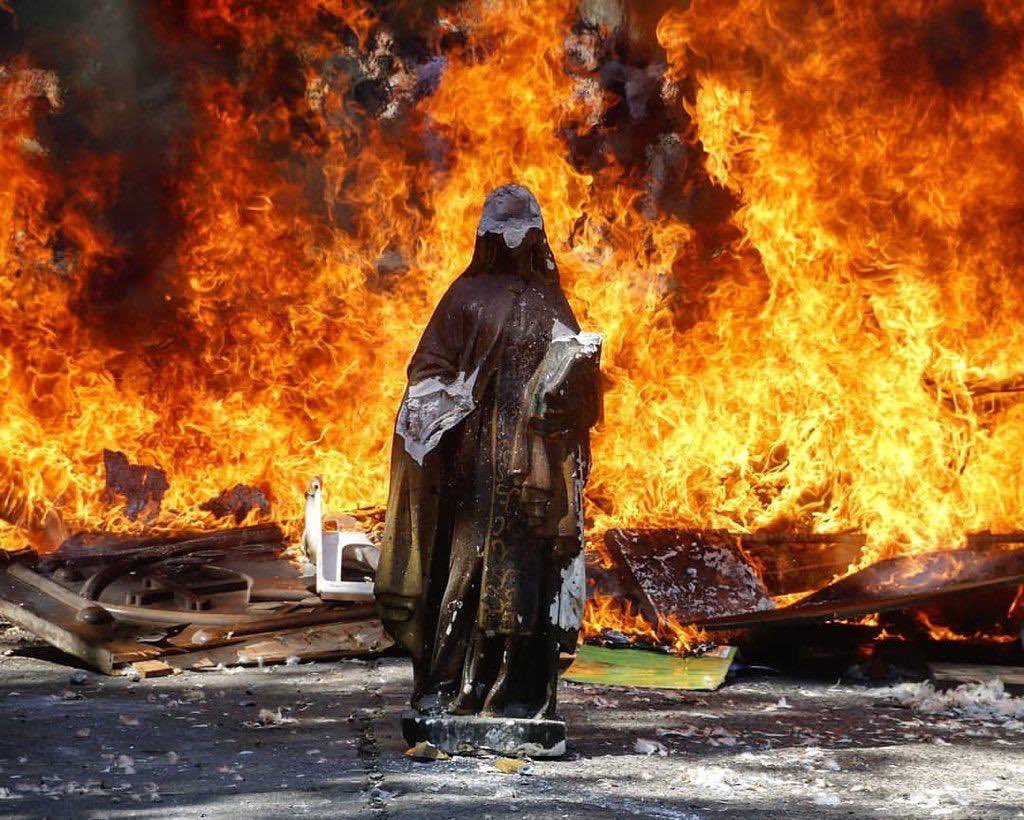
A group of top former civil servants in India has urged Indian Prime Minister Narendra Modi to end the rising hatred and violence against Christians in the country.
In a letter, signed by 93 former civil servants under the banner of the Constitutional Conduct Group, they urged Modi from the pro-Hindu Bharatiya Janata Party to reassure the Christian community of equal and unbiased treatment before the law.
“It is imperative that you, Prime Minister, give them this reassurance,” they insisted in the open letter.
According to the United Christian Forum (UCF), a New Delhi-based inter-denominational Christian organization that keeps a tab on atrocities against Christians in the country, the nation reported 598 incidents of violence against Christians in 21 states in 2022. The number stood at 279 in 2020 and 505 in 2021, UCF said in a report.
The attacks, including social boycotts, vandalism of churches and the arrest of Christian leaders mainly took place in regions ruled by Modi’s, right-wing Hindu party or where they have a strong presence.